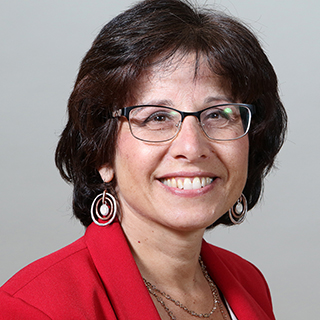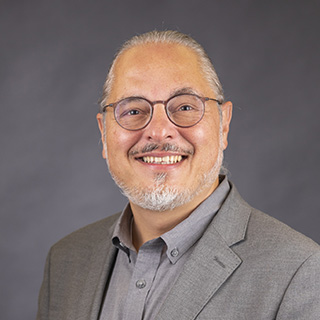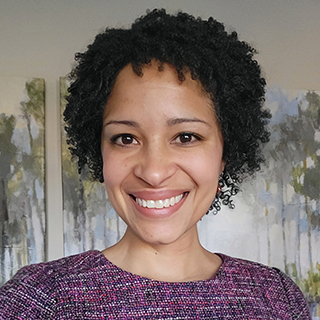Anti-Racist Community Engagement Speaker Series
The RWU Public Humanities and Arts Collaborative (The Co-Lab) is sponsoring a four-part series on anti-racist community engagement in Spring 2024 featuring four of the editors for the recently released book Anti-Racist Community Engagement.
Each speaker will deliver a lecture or workshop for faculty and staff based on their areas of community engagement and anti-racist expertise and their scholarly areas of expertise. The titles and summaries, where available, for their talks and workshops are below. These events are funded with support from the National Endowment for the Humanities. The honorarium for each speaker is $1,500.00.
Spring 2024 Series
From Service-Learning to Anti-Racist Community Engagement: Enhancing Partnerships, Pedagogy, and Policies
 Cynthia Lynch, Assistant Vice Provost, Civic Engagement and Academic Strategic Support, Salem State University
Cynthia Lynch, Assistant Vice Provost, Civic Engagement and Academic Strategic Support, Salem State University
February 21 @ 3:00 pm
Bay View Room, RWU School of Law
This workshop will focus on how faculty and practitioners can move beyond problematic traditional civic engagement models and work with stakeholders to co-design, implement, and evaluate initiatives though Critically Engaged Civic Learning (CECL), a new equity-based framework. Additionally, insights and strategies will be shared to help reform and then operationalize promotion and tenure policies to better recognize and retain civically engaged faculty. Finally, these efforts will be woven together with a series of collaborative grants and the creation of the New England Equity and Engagement Consortium (N3EC) to demonstrate how higher education institutions can advance their civically engaged and equity-based missions.
A Path to Anti-Racist Community Engagement and Civic Learning
 Aldo Garcia-Guevara, Professor of History, Worcester State University
Aldo Garcia-Guevara, Professor of History, Worcester State University
March 27 @ 3:00 pm
Mary Tefft White Cultural Center, RWU Library
Dr. Guevara will share his personal and professional origin story to anti-racist community engagement and civic learning, drawing lessons from the process, and sharing pedagogical strategies. Participants will be invited to share elements of their own academic journey. After an introduction to a few interconnected elements from the Principles for Anti-Racist Community Engagement and the Frameworks for Civic Learning, participants will explore, in small groups, how they can implement, increase or modify their own work to be anti-racist.
Anti-Racist Spatial Practices: Approaches and Challenges
 Joseph Krupczynski, Professor of Architecture and Director, Office of Civic Engagement and Service-Learning, University of Massachusetts Amherst
Joseph Krupczynski, Professor of Architecture and Director, Office of Civic Engagement and Service-Learning, University of Massachusetts Amherst
March 27 @ 6:00 pm - Presented with the Cumming School of Architecture Lecture Series
ARCH 132
In the recently published book, Anti-Racist Community Engagement: Principles and Practices, the authors examine how anti-racist community engagement can counteract racism's destructive legacy and impacts in the United States. Based on the book's key principles, this presentation explores approaches and challenges associated with building anti-racist spatial practices in community-engaged architecture. Through acknowledging, analyzing, and critiquing harmful historic and contemporary racialized spatial practices, these approaches can better support the creation of spaces and places that embrace freedom, cooperation, solidarity, and spatial justice.
Carrying Anti-Racist Values: A Writing Workshop to Advance a Critical Common Good
 Christina Santana, Associate Professor of English, Worcester State University
Christina Santana, Associate Professor of English, Worcester State University
April 17 @ 3:00 pm
Mary Tefft White Cultural Center, RWU Library
What does bold and brave anti-racist relational work look like without that term? For faculty and staff who hold anti-racist values but may be navigating tricky political climates, work environments, and relationships, this writing workshop is a space of practical exploration. Framed by the inclusivity of the well-embraced notion of the “common good,” this workshop utilizes writing prompts adapted from the Principles for Anti-Racist Community Engagement and the Framework for Civic Learning through a Lens of Racial Equity to cultivate shared responsibility for greater well-being.